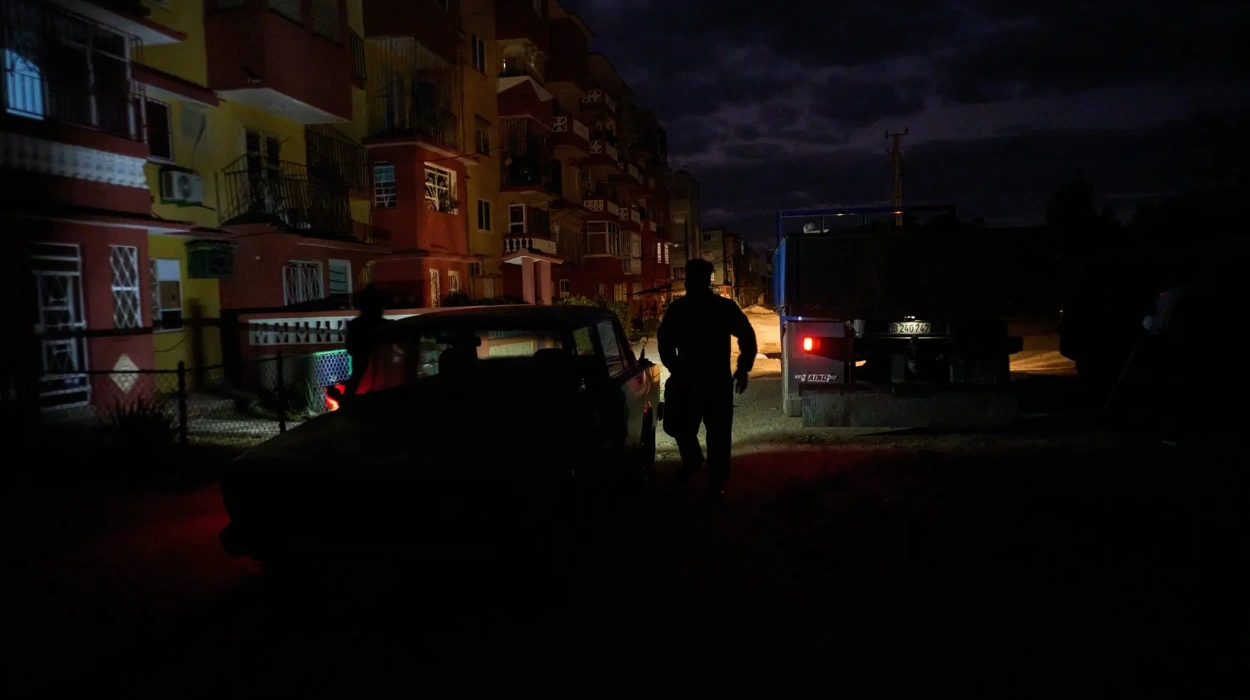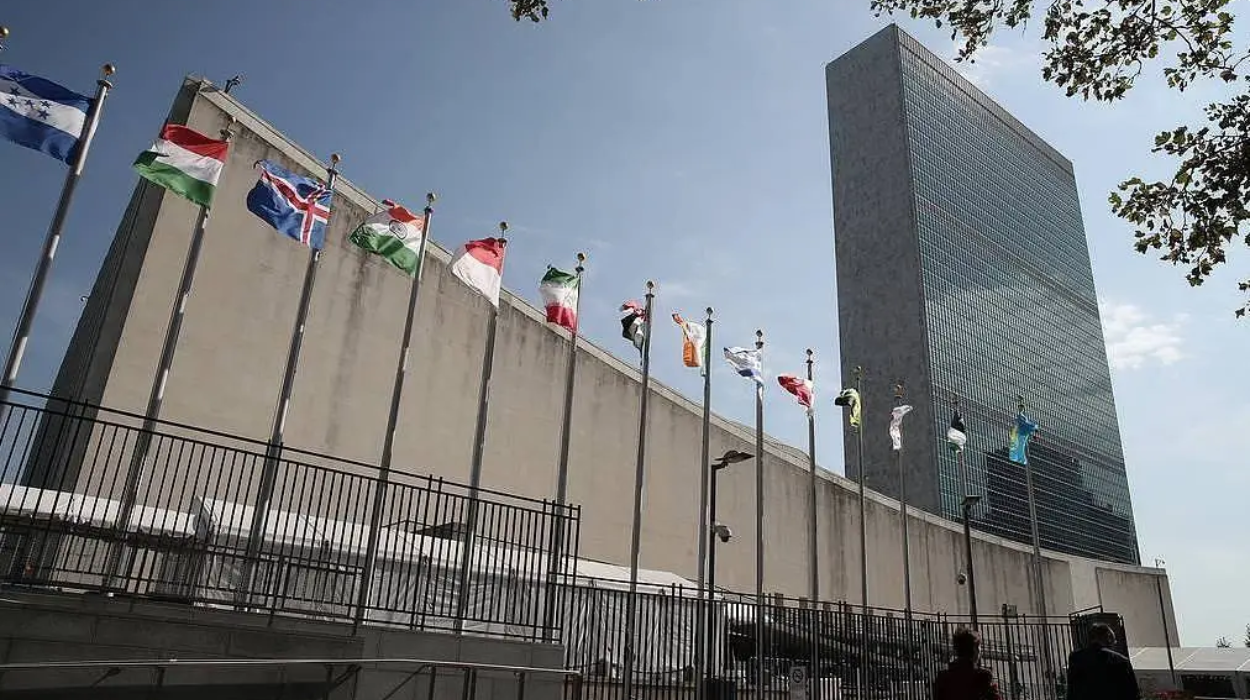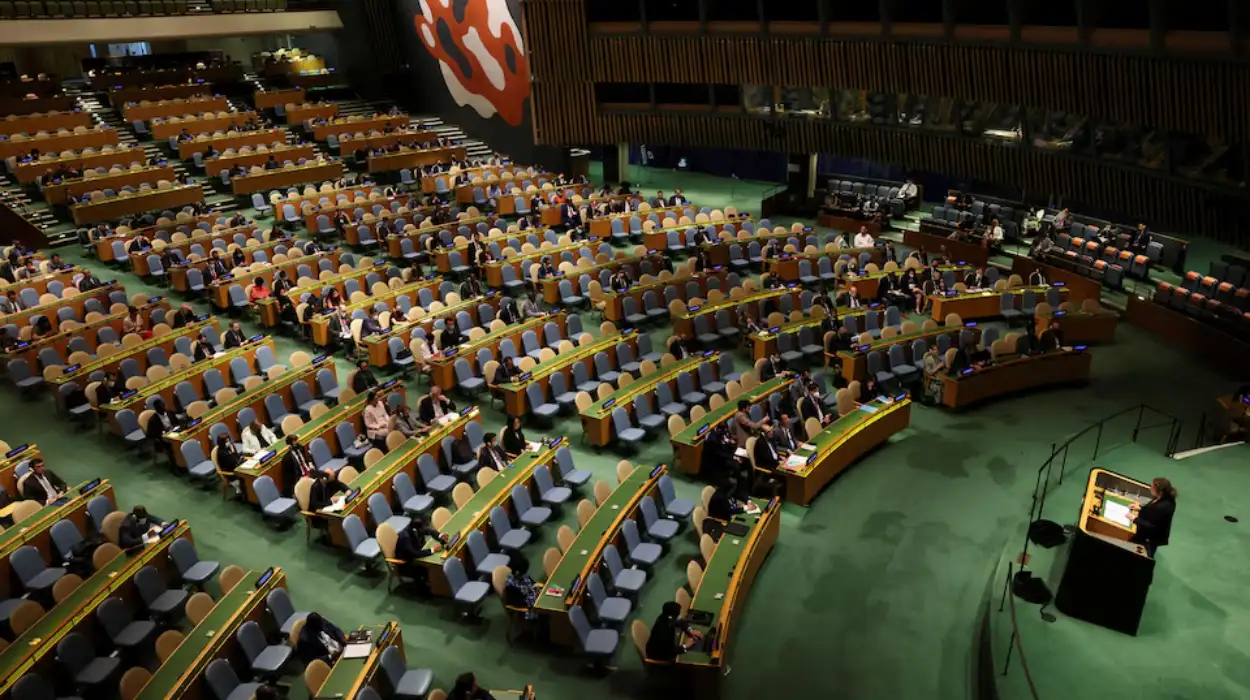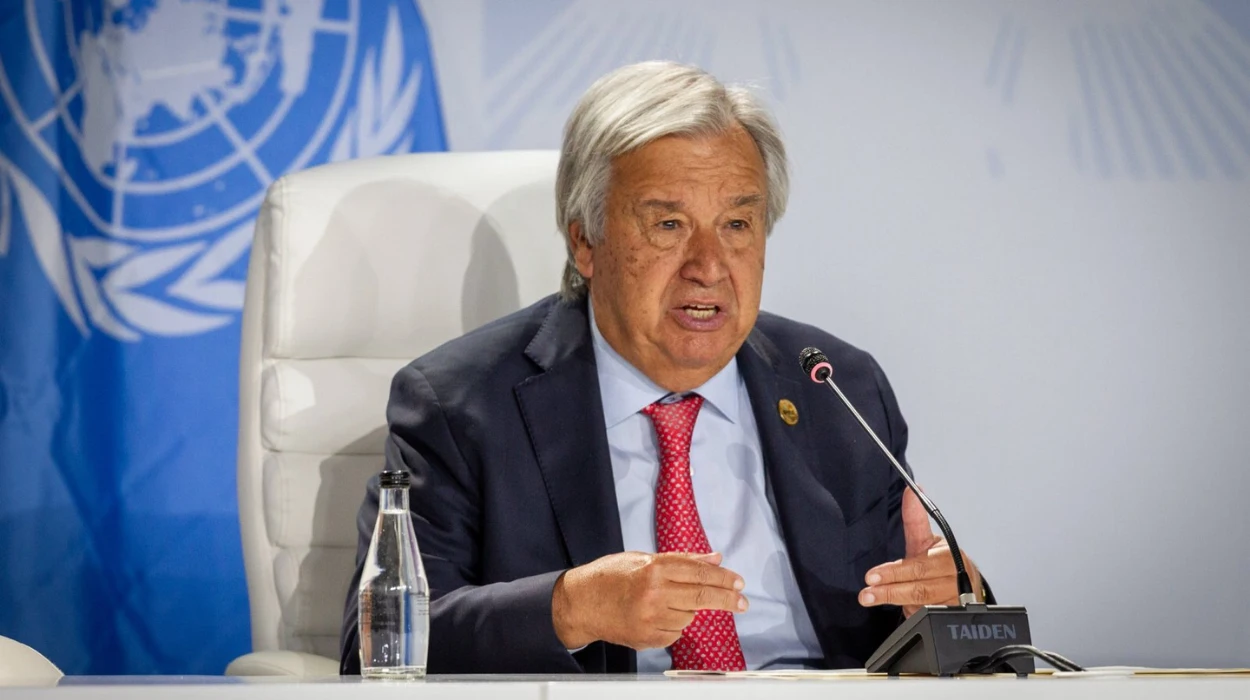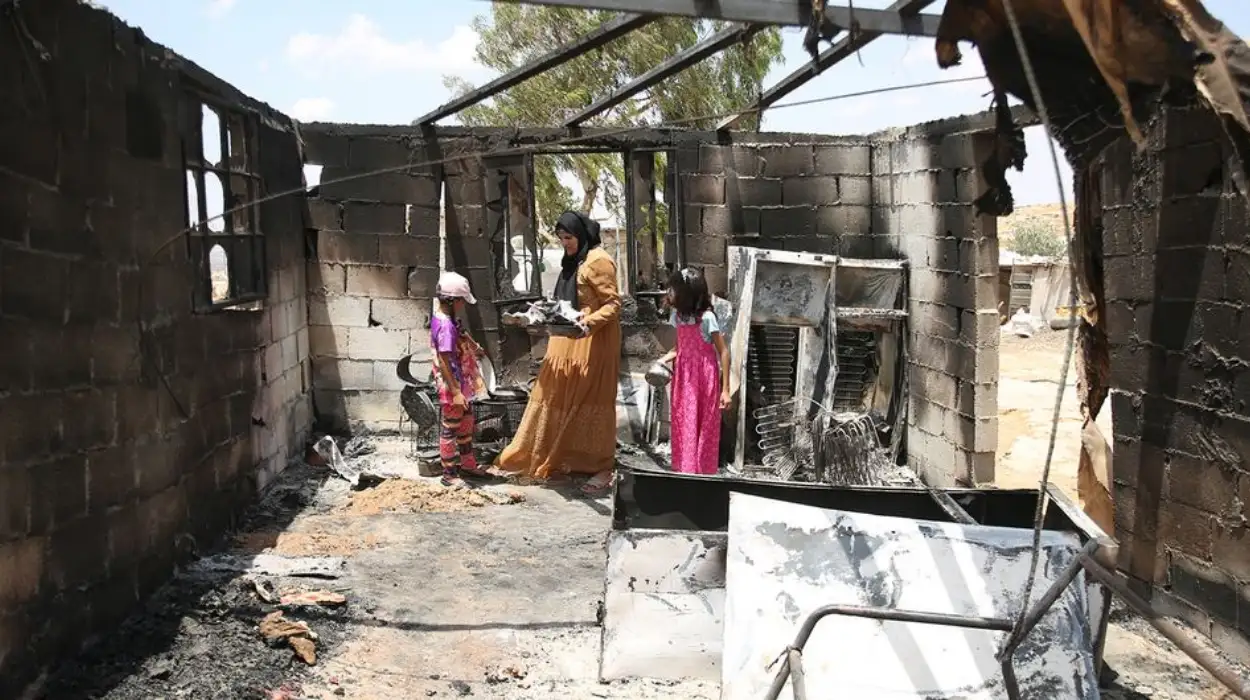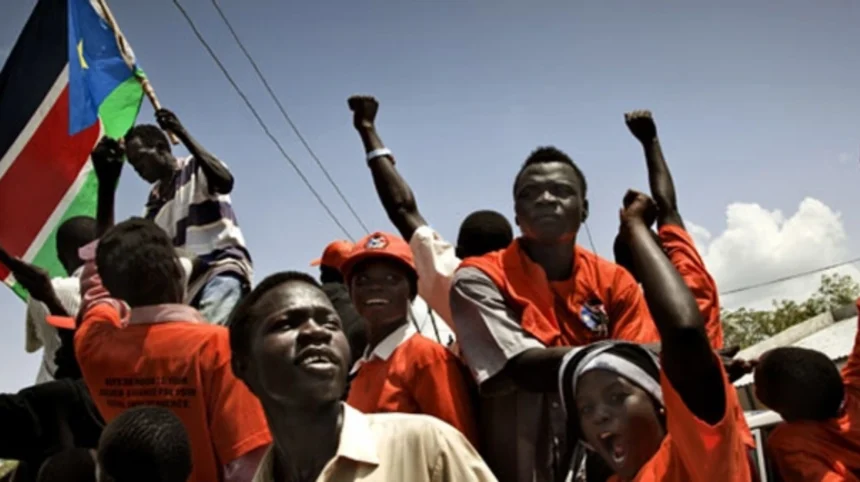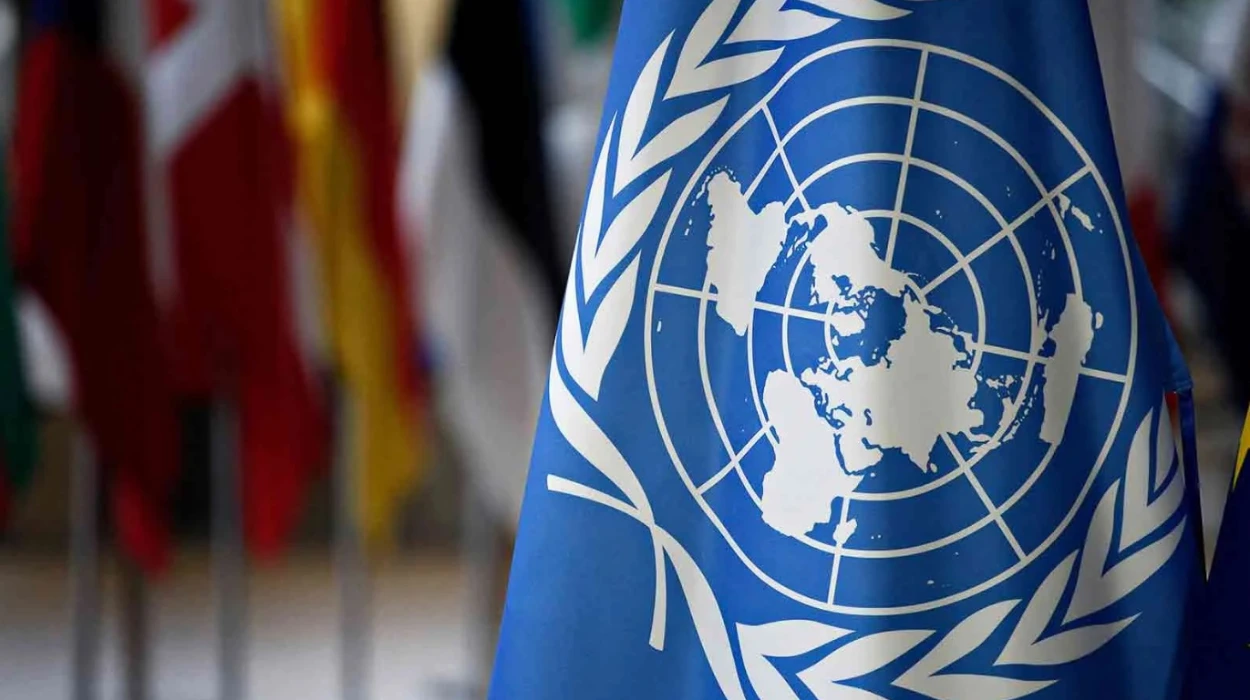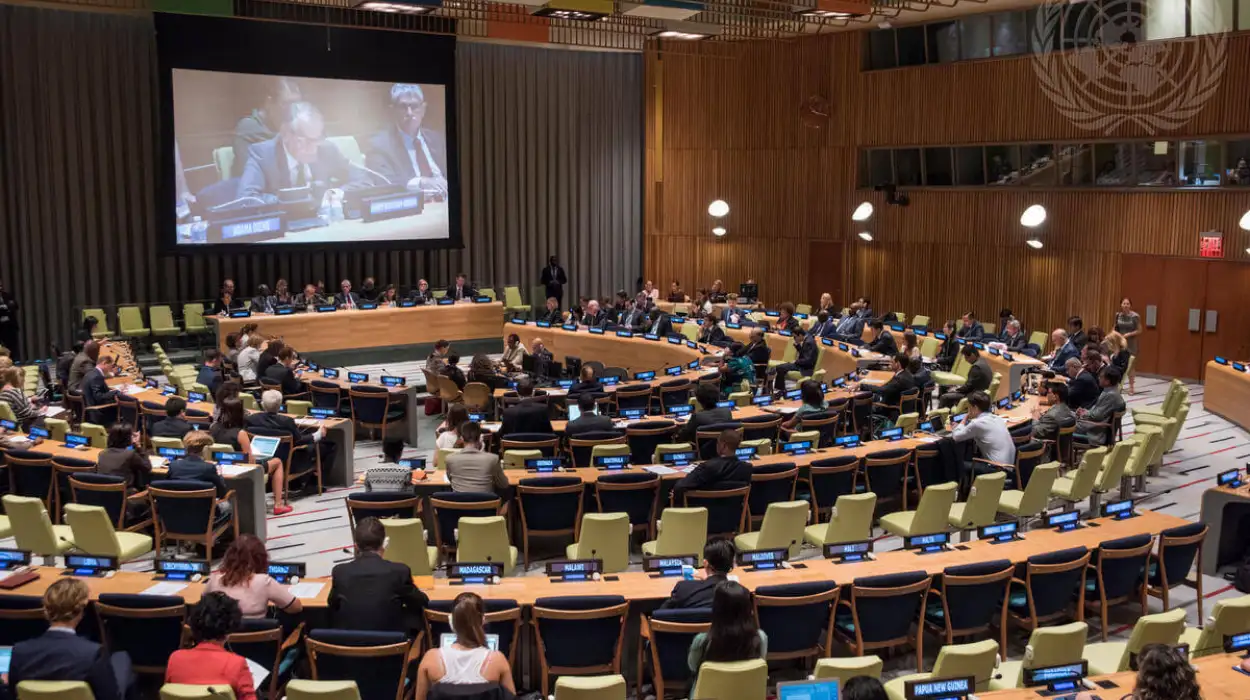With its third year in war in 2025, the war in Sudan is still going on as one of the worst humanitarian and political crises ever witnessed in Africa. This interplay of power between the Sudanese Armed Forces (SAF) and the Rapid Support Forces (RSF) that started playing out in April 2023 has had disastrous effects. According to estimates made by OCHA and the UNHCR, more than 40,000 people have died, and close to 13 million displaced, internally and internationally. Conflict zones have destroyed civilian infrastructure, which was already frail because of years of instability.
The humanitarian cost of the war is still increasing. In mid-2025, there were more than 24 million individuals under acute food insecurity with famine being confirmed in North Darfur and South Kordofan. The health systems are collapsing: in areas where they should, 25 percent of health facilities are still standing. It is also compounded by the targeted attacks against aid workers 84 employees affiliated with the UN have been killed since hostilities increased, among the highest casualty rates of humanitarian missions in the world in recent years.
The conflict is complicated due to the ethnic aspects of the conflict. According to international human rights monitors, documented atrocities are mass killings, sexual violence and possible use of chemical weapons. The developments highlight the urgency, along with the precariousness of the international diplomatic action by the United Nations.
UN diplomatic engagement: scope and mechanisms
Sudan has been ranked among the nations that the United Nations has put on its global agenda in conflict resolution. With the Secretary-General Antonio Guterres in charge, the UN has been engaging in multi-track diplomatic efforts that seek to stop hostilities and create room so that political dialogue can be facilitated. The most important initiatives are resolutions by the security council as well as field operations that are organized with the help of the UN Integrated Transition Assistance Mission in Sudan (UNITAMS).
The Security Council passed Resolutions 2725, 2736 and 2750 in 2024 and 2025. These are concerned with ceasefire enforcement, civilian protection and humanitarian actor access. UNITAMS, led by Special Representative Volker Perthes up to mid-2025, has been the main point of contact between warring sides, urging them to adhere to humanitarian pauses and providing discreet avenues of negotiation.
Ceasefire violations have been common and well planned despite official agreements. In April 2025, a humanitarian ceasefire declared between SAF and RSF through the UN failed in 72 hours. UN officials and mediators refer to a consistent absence of political will and distrust towards one another as a hindrance to a lasting de-escalation.
These actions of the UN are coordinated with the regional and international partners, especially, the African Union, IGAD, and the Trilateral Mechanism brokered by the Saudi-U.S. Forums such as those in Jeddah, which include negotiations, offer platforms through which dialogue can be done, but have not been able to deliver enforceable results. The stand of the UN is still pegged on basing every peace arrangement in the international legislation and comprehensive governance concepts.
Barriers to peace: fragmentation, mistrust, and political paralysis
The fundamental obstacles to a sustainable peace in Sudan are the highly divided military and political environment. SAF and RSF both control intricate systems of tribal militia, international supporters and paramilitary units. Lack of common command arrangements both in the two camps makes ceasefire arrangements very hard to put in place or check.
Peacemaking is also complicated by ethnic violence. Localised massacres have persisted in the area of West Darfur, Nuba Mountains and the Blue Nile region with the pressure of the international community. Conflict reports by the UN indicate that minorities are targeted in campaigns that are often undertaken with impunity. The collapse of law enforcement systems has given these trends free reign and enhanced humanitarian issues and fostered distrust in the potentially affected communities.
Institutions of politics are stalled. The transitional bodies that were agreed upon following the 2020 Juba Peace Agreement have not been able to achieve their purpose. To re-establish the Council of Ministers, remodel the security apparatus and produce a new constitution have all been grounded. Hundreds of civilians and opposition personalities have been arrested without due process which has worsened the political vacuum. As national elections are tentatively planned in 2026, such conditions make a believable democratic transition impossible.
Humanitarian diplomacy and international community role
The magnitude of the current humanitarian crisis in Sudan has given diplomatic access by the aid agencies the first line priority of the United Nations. By mid-2025 (when the crisis is at its peak), it developed into the most displaced and food crisis on the continent with 30.4 million individuals in need of urgent help. The situation in access is still critical particularly in Darfur, White Nile, and Kordofan states as the clashes and road blockades continue to hamper relief efforts.
WHO and World Food Programme have warned of the increased deaths as a result of malnutrition and epidemics. Farming has basically collapsed and the seasons of planting and harvesting have been upset due to war and climatic calamities. Consequently, the situation with famine is likely to deteriorate until the end of 2025 unless the aid deliveries can be restarted.
The UN is still seeking international handouts and reiterates the need to exercise diplomacy along with humanitarian obligations. Funding is however very low. As of September 2025, 31 percent of the 4.7 billion humanitarian response plan was achieved, which is frustrating procurement and delivery of life saving supplies.
On the diplomatic level, the United Nations has leveraged multilateral forums like the 2025 General Assembly and the Geneva Humanitarian Dialogue to push towards more contributions and policy alignment. Nonetheless, international attention is split and donor exhaustion and concurrent crises in Ukraine, Gaza, and Haiti drain resources and attention.
Toward a fragile framework for peace prospects
Although the general picture is bleak, some of the diplomatic progress does provide some small avenues. Contact between the countries has been maintained through the constant presence of SAF-RSF delegations convened by the Trilateral Mechanism in Jeddah. Proposals to build confidence e.g. shared humanitarian corridors and local ceasefires are actively discussed but not implemented on a large scale.
The 2020 Juba Peace Agreement, which is supported by the UN, is also resuming a new dialogue based on the treaty. The Security Council has reasserted the bindingness of parties to its provisions such as promises to transitional justice, federal decentralization and integrated command arrangements. In order to support these objectives, specific sanctions have been suggested to take action against those people who hamper peace operations or commit atrocities against civilians.
The UN has concentrated on one area, i.e., protecting the validity of future 2026 elections. Teams of electoral assistance have also begun technical testing, and UNDP is looking at circumstances in which viable voter registration can be conducted in stable areas. But with no overriding peace agreement, there are few chances that a nationally united vote will be realized.
Key to long-term stability will be addressing the structural causes of the conflict: contested control of state institutions, access to revenue from gold and oil resources, and the absence of a social contract capable of bridging Sudan’s ethnic and regional divides. Diplomatic actors increasingly acknowledge that peace cannot be imposed from above but must emerge through inclusive dialogue that centers marginalized voices and builds community-level trust.
Sudan’s ongoing war presents a critical test of 21st-century peace diplomacy, where battlefield realities and international ambition collide. The UN’s diplomatic efforts in Sudan reflect both the potential and the limitations of global governance mechanisms under extreme pressure. Whether these efforts can overcome fragmented militarism, political stasis, and deteriorating humanitarian conditions will shape not only Sudan’s future but also the credibility of multilateral conflict resolution at a time of global uncertainty. The remainder of 2025 will be decisive in revealing whether diplomacy can produce more than ceasefire pledges and begin to lay the foundations for sustainable peace.


